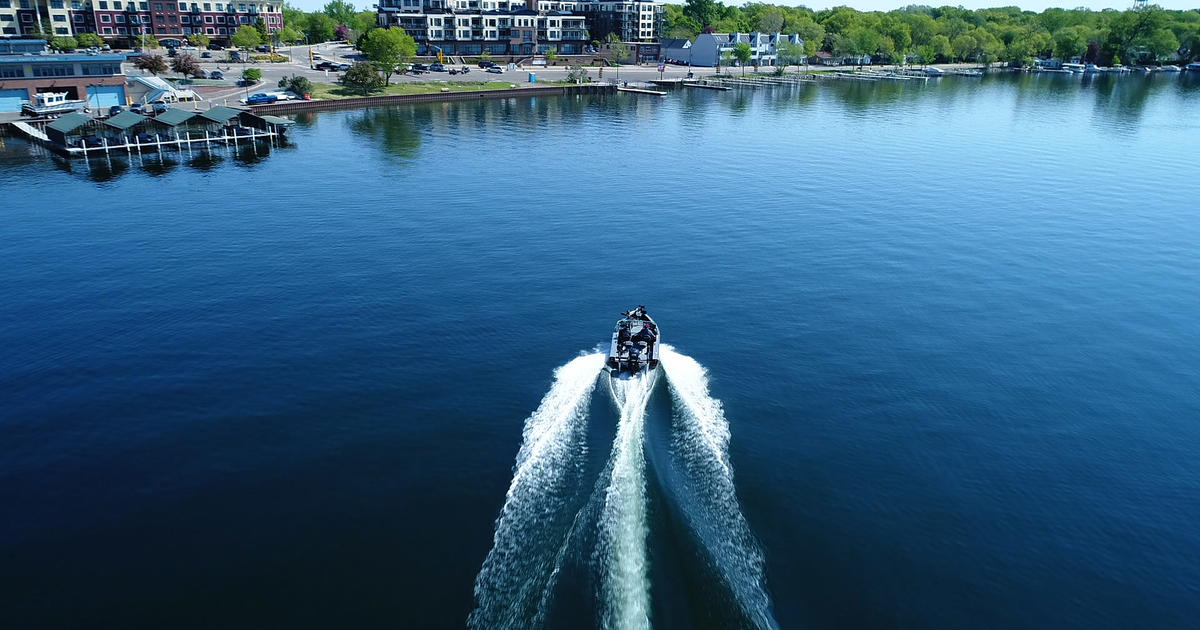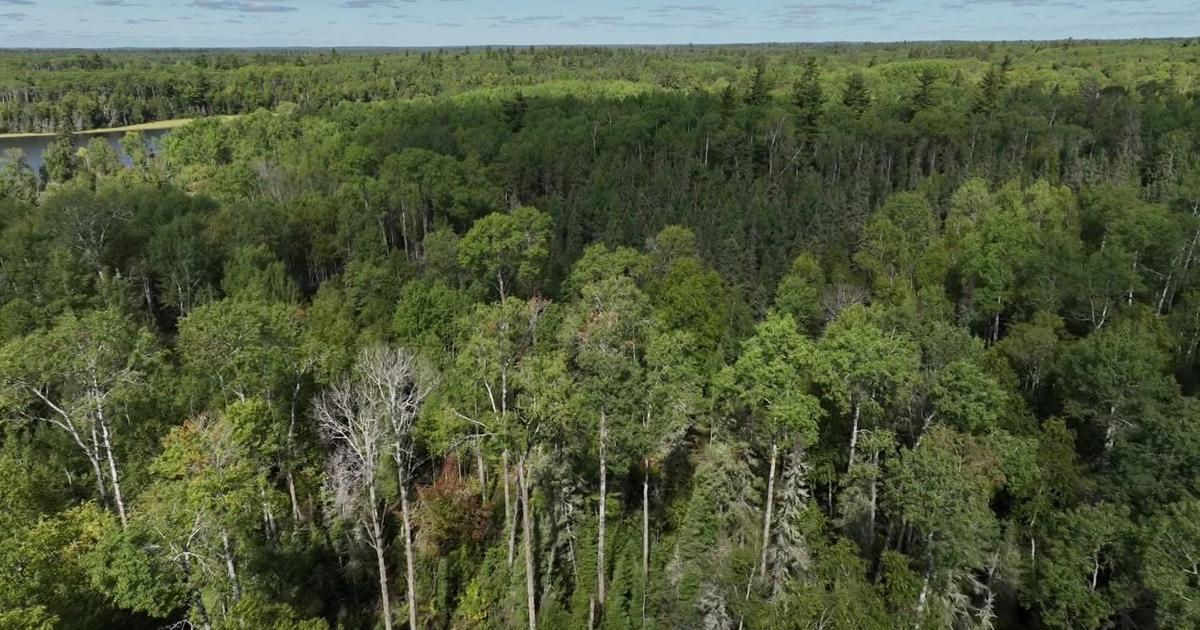DNR Busy Testing Deer For Chronic Wasting Disease
MINNEAPOLIS (WCCO) -- The sun has set on firearm deer hunting season in Minnesota, but the staff at the Minnesota Department of Natural Resources remain busy, testing harvested deer for Chronic Wasting Disease (CWD).
"The problem we're having is we're starting to see more positive animals spread a little further on the landscape so we're seeing what we're calling a persistent infection that's radiating out from our epicenter," said, DNR Wildlife Research Manager Lou Cornicelli.
CWD is a neurological disease, dropping a deer's life expectancy to about two years.
The problem is more widespread in Wisconsin - but the fear is Minnesota's population could be on the same path.
"Chronic Wasting Disease poses a serious risk to both our economy and our way of life," said Senator Amy Klobuchar. "It's time we have a more coordinated federal response to chronic wasting disease."
Standing alongside Cornicelli and Craig Engwall, executive director of the Minnesota Deer Hunters Association, Sen. Klobuchar called on federal agencies such as the U.S. Department of Agriculture and U.S. Department of Interior to address the disease.
She wants them to better expand the tracking and mapping of CWD, and establish universal standards for transporting deer across state lines. Because of CWD, the DNR banned hunters from bringing deer harvested outside of Minnesota into the state in 2016. Sen. Klobuchar said Mississippi Senator Roger Wicker, a Republican, is working with her on the matter.
From gun shops to meat processing plants, the sporting industry is estimated at around $1.3 billion in Minnesota. A number that is feared to shrink if hunters put down their guns over CWD concerns.
In Wisconsin, Cornicelli said the number of hunters is down seven percent since the discovery of the disease. In southeastern Minnesota, he said hunting numbers have dropped six to eight percent, likely due to CWD.
"For those towns in northern Minnesota, I live near Big Fork, Minnesota, town of about 500. It's orange all fall. It really makes or breaks some of those businesses," said Engwall.
Funding for doing surveillance is also a concern for the DNR, said Cornicelli. He said they've spent about $1 million on CWD, money that came from the sales of hunting and fishing licenses. Federal funding would be helpful, allowing the DNR to allocate its money to other projects he said.
Taking the disease seriously is another aspect the group was focused on, even though there have been no reports of humans contracting CWD. While the problem might be small now, Cornicelli worries what it could become years down the road.
"We'd like folks to think about this as an enduring infection that's gonna have an effect on your grandchildren and their opportunity (to hunt)," said Cornicelli.
Since July 1, the DNR reports there have been eight positive tests for CWD.



